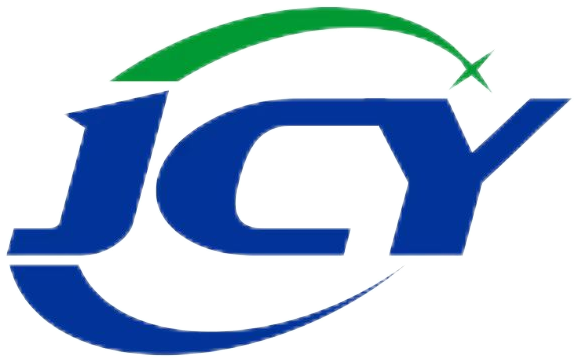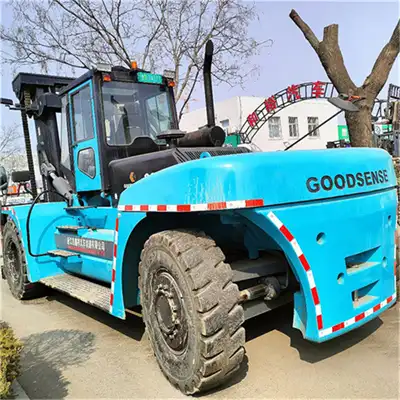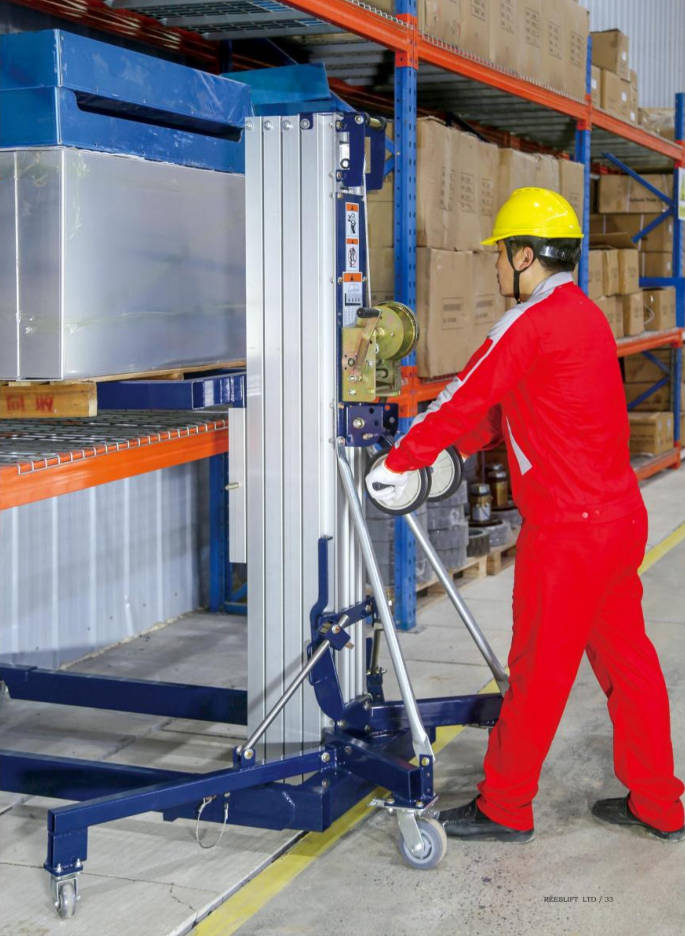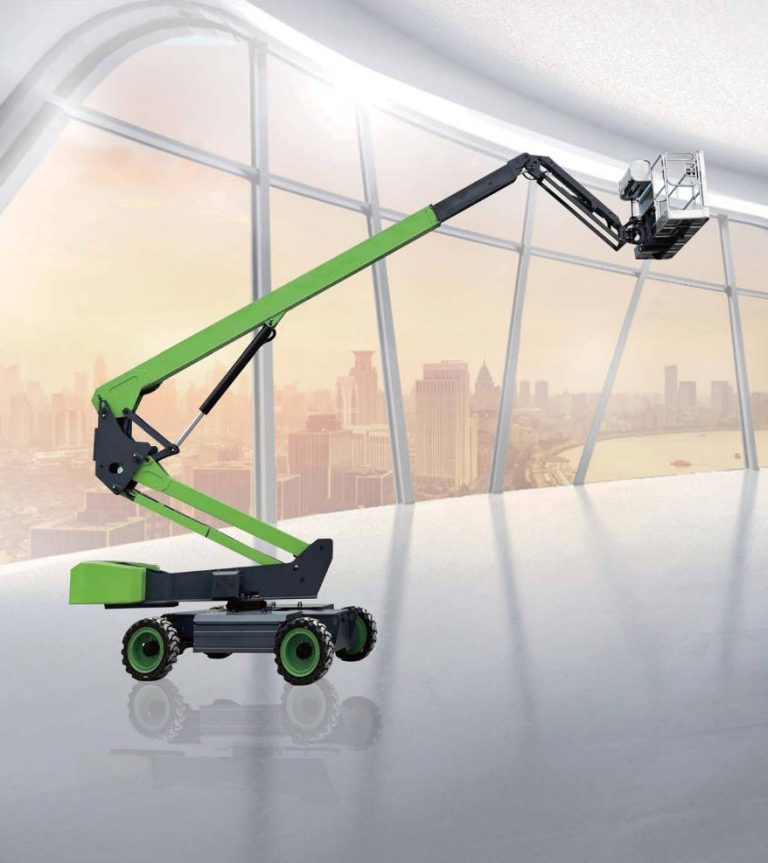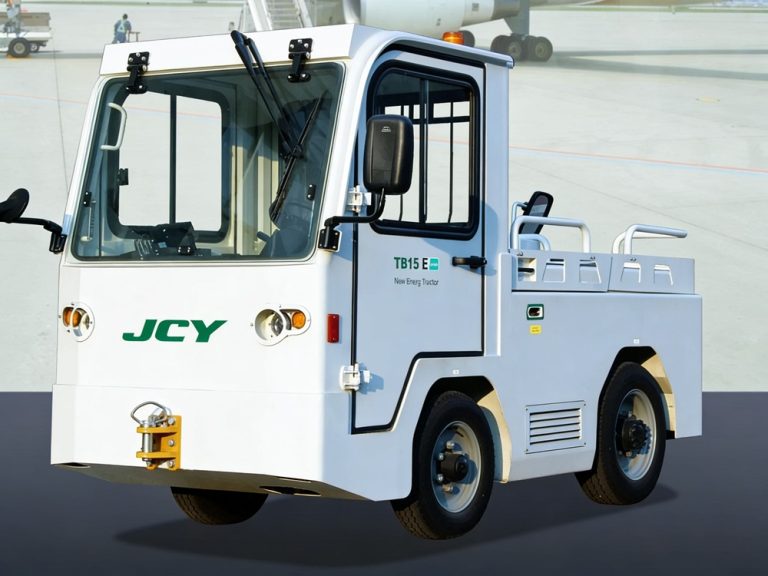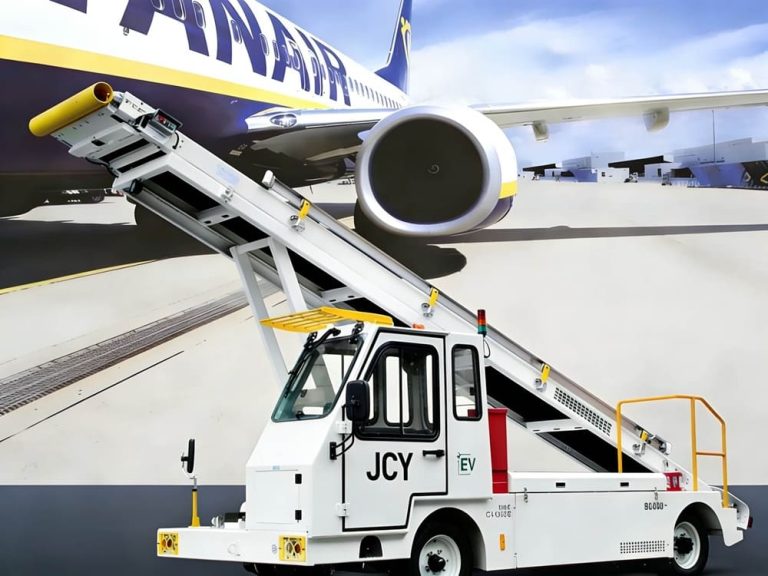What Are the Risks of Choosing the Wrong Used Forklift Dealer?
A bad purchase can lead to work stoppages, money problems, and even dangerous situations. Grasping these dangers helps you choose more wisely.
Potential Operational Downtime Due to Faulty Equipment
Buying a used forklift from an unreliable supplier can cause major work stoppages. Defective or badly serviced gear often fails without warning. This halts warehouse activities and hurts efficiency. These pauses not only slow down logistics but also bring extra repair bills and worker inefficiency. If the seller doesn’t do complete checks or give truthful condition reports, you might accidentally put money into machinery that is nearly worn out.
Financial Losses from Poor Investment Decisions
A used forklift might cost less at first. But if it needs constant fixes or early replacement, the total cost becomes much higher. Dishonest sellers might offer appealing prices while hiding mechanical problems underneath. This leads to lasting money troubles for buyers. Without a dependable return agreement or warranty, you bear the entire burden of a poor purchase.
Safety Hazards Associated with Unreliable Machinery
Forklifts are powerful machines that must follow strict safety rules. A faulty unit raises the chance of workplace mishaps. This could cause injury or property destruction. Sellers who skip proper upkeep or sell units with worn parts put your employees in needless peril.
JinChengYu recognizes these dangers. They put safety first by making sure all used forklifts get full inspection and service before sale.
Is the Dealer Offering Prices That Seem Too Good to Be True?
Very low prices frequently point to concealed troubles. Always check if the deal includes needed parts, warranties, and meets accepted standards.
The Hidden Costs Behind Extremely Low Prices
If a forklift’s price looks unusually cheap compared to usual value, watch out for hidden expenses. These might be missing parts, old batteries, or no warranty protection. These costs often appear after buying. You realize getting the equipment up to working condition needs a big investment.
How Unrealistic Pricing Can Indicate Deceptive Practices
Unrealistic pricing can be a trick used by dishonest sellers. They aim to attract buyers into quick choices without proper checking. Once payment happens, these sellers might become hard to reach. Or they deliver equipment that doesn’t match the promised details.
Evaluating Market Value vs. Dealer Offers
Before committing, compare several offers from respectable sellers. Look into current market prices for similar models and states. Equipment valuation databases can help decide if a seller’s offer fits industry norms.
JinChengYu gives clear pricing based on real equipment state and market comparisons. This ensures you get value without surprise extras.
Does the Dealer Have a Poor Reputation or No Verifiable Track Record?
A seller’s reputation shows their trustworthiness. Examine reviews, certificates, and client comments to confirm their standing.
The Importance of Online Reviews and Testimonials
Online reviews are a very easy way to judge a seller’s reputation. Steady good feedback shows client happiness and dependability. Repeated complaints about service quality or wrong product details should cause worry.
Red Flags in Customer Feedback and Complaint Patterns
Watch for patterns in client comments. These include late deliveries, confusing product descriptions, or bad after-sales help. These repeating problems suggest ongoing issues within the seller’s business.
How to Verify Business Credentials and Industry Standing
Check if the seller is part of relevant trade groups or holds certificates from known bodies. You can also confirm business permits through local government sites to prove they are legitimate.
JinChengYu has formed lasting connections across different fields. They do this by reliably delivering trustworthy products and keeping high client happiness scores.
How Can You Spot a Lack of Transparent Maintenance Records?
Full service histories prove proper care. Unclear or absent records hint at neglect—always ask for a thorough upkeep background.
Why Maintenance Documentation Matters
Maintenance records give insight into how well a forklift was treated before. A complete history lets you assess wear patterns, part swaps, and how often it was serviced. These are vital factors in judging future reliability.
Common Signs of Incomplete or Fabricated Service History
Be cautious if paperwork seems general. Missing dates or technician names is a bad sign. Vague service notes like “checked engine” are also concerning. These could mean fake records meant to hide poor care.
Questions to Ask About Inspection and Repair Logs
Ask for specific logs showing exact maintenance jobs done over time. Inquire about major part replacements. This includes tires, forks, hydraulic systems, and battery life if electric.
JinChengYu supplies full upkeep histories for every unit sold. This lets buyers decide based on factual service records.
Is the Inventory Consistently Outdated or Poorly Maintained?
Rust, leaks, and worn parts signal bad upkeep. A respectable seller ensures stock is tidy, functional, and meets accepted standards.
Visual Indicators of Neglected Equipment
Rusty frames, leaking hydraulics, mismatched tires, worn-out seats—these are obvious visual clues that forklifts haven’t been properly cared for. A good seller will make sure all stock is clean, fixed where needed, and ready to use straight away.
The Role of Inventory Turnover in Assessing Dealer Quality
Stock that never moves might mean low demand due to poor quality. Fast turnover usually shows client trust and steady sales based on reliable product performance.
Assessing Whether Equipment Meets Current Operational Standards
Ensure forklifts meet emission rules (for diesel units), safety regulations (like overhead guards), and work with modern attachments if needed for special jobs.
JinChengYu often refreshes its stock with carefully checked forklifts. These meet both safety rules and work efficiency needs.
Are There Signs of Pressure Tactics or Vague Warranty Terms?
Pushy selling and unclear warranties point to untrustworthy sellers. Reliable providers give straightforward policies and fair return choices.
Recognizing High-Pressure Sales Techniques
Sellers who hurry you to buy “before it’s gone” or dodge technical questions are using pressure methods. These aim to skip your careful checking process.
Identifying Ambiguities in Warranty Coverage
Always read warranty papers carefully. Terms like “limited coverage” without specifics need more questions. Ask what exactly is covered—parts? labor? how long?
Why Clear Return Policies and Guarantees Are Crucial
A trustworthy seller will offer defined return rules and support their products with written promises. This shows faith in their stock quality and dedication to client satisfaction.
JinChengYu provides straightforward warranties. They also have clear return rules. This lets customers buy used forklifts without doubting their choice.
Why JinChengYu FORKLIFT Stands Out as a Trusted Used Forklift Supplier
With strict checks, complete upkeep records, and a solid industry name, JinChengYu guarantees quality and openness in every deal.
Commitment to Quality and Transparent Dealings
Every forklift gets strict inspection before JinChengYu lists it for sale. The company believes in total openness about machine condition and pricing—no hidden fees or unclear details.
Comprehensive Maintenance Records for Every Unit Sold
JinChengYu ensures each unit has a documented service background. Buyers know exactly what they’re getting. This level of detail builds trust and cuts down buyer doubt during the buying process.
Positive Industry Reputation Built on Long-Term Client Relationships
With years of experience serving varied industries worldwide, JinChengYu has earned its standing. They do this through steady delivery standards backed by helpful after-sales teams. These teams focus on lasting partnerships, not just one-time deals.
Final Thoughts on Choosing the Right Used Forklift Dealer
Picking a used forklift seller isn’t just about a good price. It’s about judging long-term value through honest practices, dependable machine history, fair warranties, and a proven reputation. Always watch for warning signs that indicate possible dangers before making your investment.
FAQs
What should I ask a used forklift dealer before making a purchase?
Ask about upkeep history, warranty terms, inspection reports, hours of use, where it was used before (inside/outside), parts availability for future service—and always ask for papers backing up what they say.
How can I verify if a used forklift dealer is legitimate?
Check online reviews on places like Google Business Profile or industry forums. Verify business permits. Look for memberships in trade groups. Ask for past client references if you can.
Is it better to buy from a local dealer or an online marketplace?
Online marketplaces give a wider choice quickly searchable by specs. However, local sellers often let you inspect hands-on. They also usually offer easier access for ongoing support after buying, depending on where you are.
